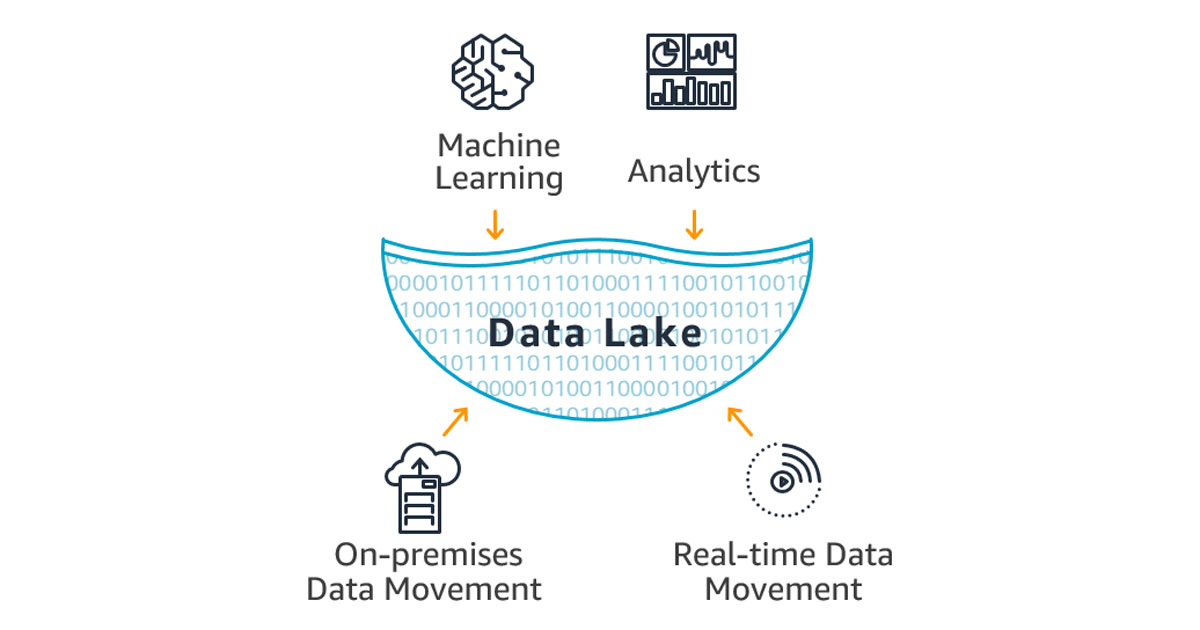Matthew shares what he did with data science in the finance industry and how he stayed relevant using practical data science skills that he learned.
ABOUT MATTHEW
A veteran finance professional who used to ‘invest time’ in self-learning data science.
PROCESS
After understanding the practical essential skills of data science, he’s able to quickly apply them at work.
OUTCOME
Matthew is able to process huge financial databases with ease and derive critical insights with speed.
“My practical data science skillset is built upon the Data Science 360 system as a non-technical individual.”
– Matthew Sia, BA & Masters (Finance) & CPA Australia holder.
“Back in the day (decades ago), we’re able to deal with transactions on paper, and data are pretty limited. However, I increasingly see what we do become data-driven. You’ll notice that we’re experiencing a financial evolution, with huge transactional data.”
His first attempt at learning data science was ‘too slow’
Prior to Data Science 360, Matthew toyed with the idea of self-learning data science, starting with R language.
But with no system to follow, he quickly felt confused and inefficient. “I’m a slow learner when it comes to data science,” he said.
Without a proper roadmap, Matthew’s learning journey went nowhere.
“It was entirely different than my first attempt“
Matthew can’t adapt to “R” programming quickly even with his 16 years of industry experience. So he decided to learn it slowly.
He jokingly shares with us: “Do you want people to show people you are superhuman, or you want to master it properly by taking the time it needs?”
However, he mentioned it was not like that when he continued learning in Data Science 360. The program is structured to focus only on practical data science exercises to learn the parts needed to be a data scientist. So it is sufficient, straight-to-the-point, and quicker to learn for him.
Matthew flare of management grew a little bigger
Matthew was promoted to lead the Global Expenses Management team under the finance department, besides his accounting position. But it was challenging for him to manage group members in different regions.
“I’m not going to be lying to you! My first thought was, OMG! my working hours are going to be all over the place.”
After some time, Matthew found that he has all the necessary qualities to manage a team, and started loving that too. The little flair in management he once thought he wasn’t capable of grew bigger and gave him the confidence to grow bigger teams.
He observed an increase of data-driven tasks in his company
The amount of data involved in work was manageable previously but later, he realized that extensive data were becoming a new norm in the finance industry.
To choose to equip himself with the needed skills with constant business environment changes.
Being able to analyze and interpret large amounts of data has motivated him to complete three certifications on R programming before he came across Data Science 360 by LEAD.
“I signed up for it, and that was the best decision I’ve ever made!”
“I used data science to process a huge database with ease.”
Mattew now has the skill and tools to quickly process large databases for his company, which saves his time and effort, resulting in better productivity and outputs.
“If I used Excel, the codes would probably go longer than my screen, but with Python, it’s easier on eyes and to process too,” he added.
How the finance industry is transforming with big data
After serving in the finance industry for 16 years, Matthew realizes that the industry is gradually adapting to the “Data Lake” concept. It’s a single-source data repository for an entire organization that will be used for HR, financing, and even sales to analyze trends, preventions, and improved profitability.
Moreover, data is shared across different functions of a company enabling real-time insights sharing between teams and departments as well as collective decision-making, strategically.
What is a data lake, exactly?

A data lake allows you to store all of your structured and unstructured data in a single, centralised repository that can extend to any size.
With a data lake, you may keep your data as-is, without needing to first organise it to answer future inquiries.
Data lakes also allow you to execute SQL queries, big data analytics, full-text search, real-time analytics, and machine learning on your data to help you make better decisions.
Data science is the method of the future
While working on data science projects, he discovered that data science plays a significant role in every industry, including HR, oil & gas, manufacturing, property, eCommerce.
After working on an HR project in the program, Matthew shared about how the digital breadcrumbs that employees left behind can be used to predict whether someone will leave the company or not.
Matthew also believes data science could be the method of success for corporates near future.
No programming background, never a barrier.
According to Matthew, he doesn’t have prior knowledge or from any programming background. Learning a programming language can be scary, but we have to keep reminding ourselves of our ultimate goal: to process and find insights from the data!
“Python is just a means to get to the end. Instead, focus on your goal.”
Programming itself is like an open world — narrowing your vision to your goal will make it easy for learning. Python is relatively easy compared to other programming languages, and veterans widely use it in many industries too.



0 Comments